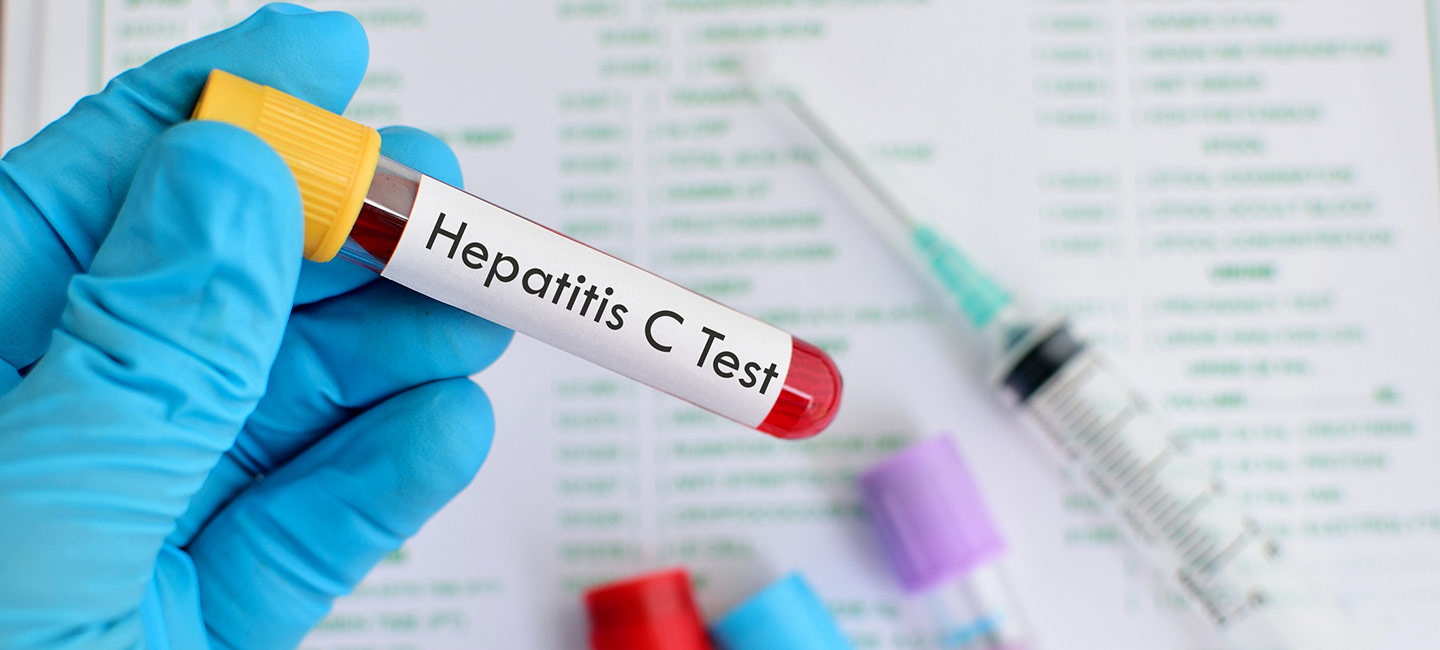Hepatitis C Increases Cancer Risk. Have You Been Tested?
Your health care screening list may be missing one important test. Last March, as our nation was just starting to feel the effects of the COVID-19 pandemic, the Centers for Disease Control and Prevention updated its recommendations for hepatitis C screening. The new guidelines recommend one-time hepatitis C testing for all adults, 18 years and older, and all pregnant women during every pregnancy. The CDC continues to recommend regular testing for those at high risk for hepatitis C infection, including those with certain medical conditions or people who inject drugs.
Screening requires a blood draw. The blood is tested for hepatitis C antibodies. If they are present, a second test, that is conducted on the same blood sample, is required to measure the level of the virus in the blood.
Hepatitis C virus (HCV) can cause a liver infection that if left untreated can become long-term. Chronic HCV infection can lead to cirrhosis and liver cancer. HCV is spread through contact with blood from an infected person. Today, most people become infected with the hepatitis C virus by sharing needles or other equipment used to prepare and inject drugs.

Dr. Anna Giuliano, Center for Immunization & Infection Research in Cancer
Unlike hepatitis A or B, there is no vaccination to prevent hepatitis C infection. However, we have the tools to screen for hepatitis C infection with a simple blood test, and if the virus is detected there are several medicines that completely cure the infection. This is why screening for HCV is so important – we can reliably detect and cure the infection.
“It is important that people get screened, as hepatitis C is the leading cause of hepatocellular carcinoma. Most people who are infected have no symptoms and don’t even know they are sick. And when symptoms do present, it is often a sign of advanced liver disease,” said Dr. Anna Giuliano, founding director of the Center for Immunization and Infection Research in Cancer.
Talk to your doctor about getting tested, or visit gettested.cdc.gov.



